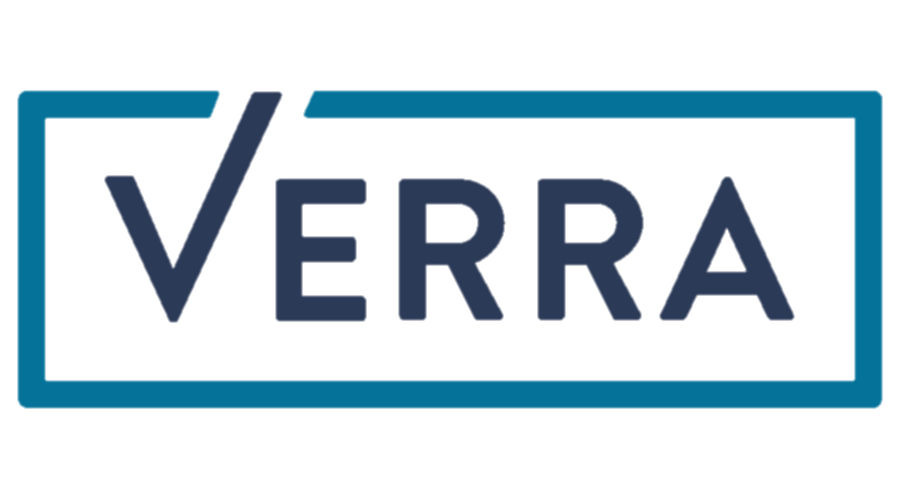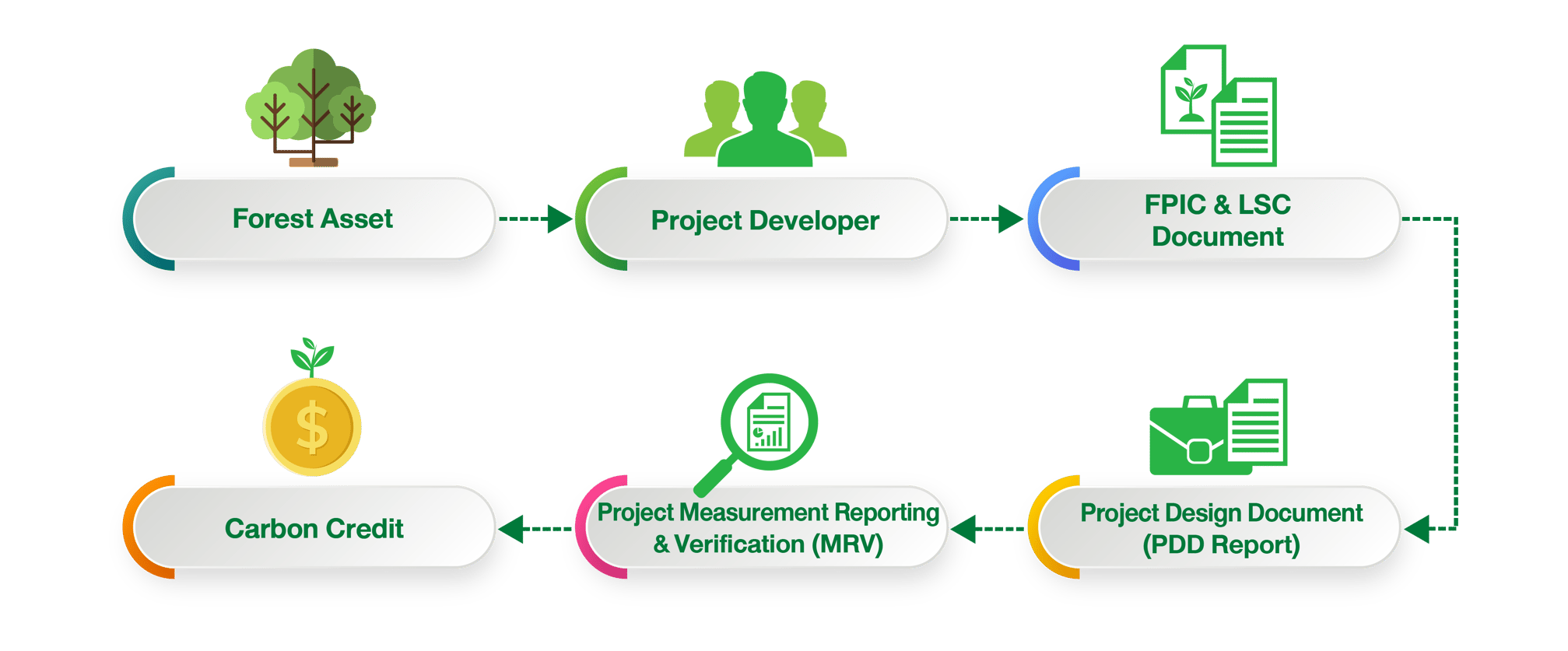Nature based solution carbon credit by planting trees and protecting forest area
Renewable energy carbon credit by wind turbine, solar cell , hydropower
Implementing energy sufficiency protocol in the organization
| Able to offset | Scope I | Scope II | Scope III |
| Nature based solution | ✓ | ✓ | ✓ |
| Renewable energy | ✓ | ||
| Energy sufficiency | ✓ |
The regulated compliance carbon market operate through a regulatory instruments such as Emission Trading Systems and also carbon taxes, which are mandated and administered by national authorities. These mechanisms are specifically designed to monitor, control, and reduce the countries' greenhouse gases emissions and also play an important role in mitigating the impacts of climate change and global warming crisis.
By enacting legislation that supported by strong regulatory and robust enforcement frameworks, government are able to impose penalties and sanctions on companies and sectors that fail to comply with established emission thresholds. Such regulatory ensure accountability and incentivize adherence to national and international climate goals.
The voluntary carbon market is a non-legally binding market-mechanism that facilitates the participation of various sectors including corporations organization, private entities, and government for the climate mitigation efforts.Through this mechanism, participants voluntarily acquire carbon credits to redeem or compensate for their total greenhouse gas emissions, with the objective of fulfilling their internal emission reduction targets.
Conversely, entities or private corporate that implement sustainability-oriented projects aimed at minimizing their carbon footprint may generate and monetize carbon credits, thereby contributing to the broader carbon offset ecosystem.







Remarks :
FPIC or Free,Prior, and Informed Consent of indigenous People : refers to the document that present the rights of indigenous people or local people in the area to willingly give or withhold their consent from outsider or organization for any action that would affect their lands, territories or rights
LSC report or Local Stakeholder Consultation : refers to the documents that show consent & cooperation of the overall stakeholders in the project areas and discuss potential environmental risk, social and economic impacts (both positive contributions and potential risks) that projects may encounter during every stages and to establish an ongoing feedback in consultation with stakeholders
1) type of carbon credit activities :
- nature based solution carbon credit by planting trees and protected forest area
- renewable energy carbon credit by investing in wind turbine, solar cell, etc.,
- implementing energy sufficiency protocol
| Able to offset | Scope I | Scope II | Scope III |
| Nature based solution | ✓ | ✓ | ✓ |
| Renewable energy | ✓ | ||
| Energy sufficiency | ✓ |
2) carbon markets : there are two main type of carbon credit market
- compliance market is established by the government to regulated emission of Greenhouse Gas with clear legislation enforcement and penalty for those who can’t meet the minimum requirements
- voluntary market is a non legally binding market in businesses and individuals voluntarily buy carbon credits to offset their own emission or sell carbon credits if they voluntarily execute projects that aim to lower the emission of the greenhouse gases
3) carbon credit sample Standard :




![]()

4) acquisition of carbon credit :

Understand Carbon Credit
1) type of carbon credit activities :
- nature based solution carbon credit by planting trees and protected forest area
- renewable energy carbon credit by investing in wind turbine, solar cell, etc.,
- implementing energy sufficiency protocol
| Able to offset | Scope I | Scope II | Scope III |
| Nature based solution | ✓ | ✓ | ✓ |
| Renewable energy | ✓ | ||
| Energy sufficiency | ✓ |
2) carbon markets : there are two main type of carbon credit market
- compliance market is established by the government to regulated emission of Greenhouse Gas with clear legislation enforcement and penalty for those who can’t meet the minimum requirements
- voluntary market is a non legally binding market in businesses and individuals voluntarily buy carbon credits to offset their own emission or sell carbon credits if they voluntarily execute projects that aim to lower the emission of the greenhouse gases
3) carbon credit sample Standard :




![]()

4) acquisition of carbon credit :
